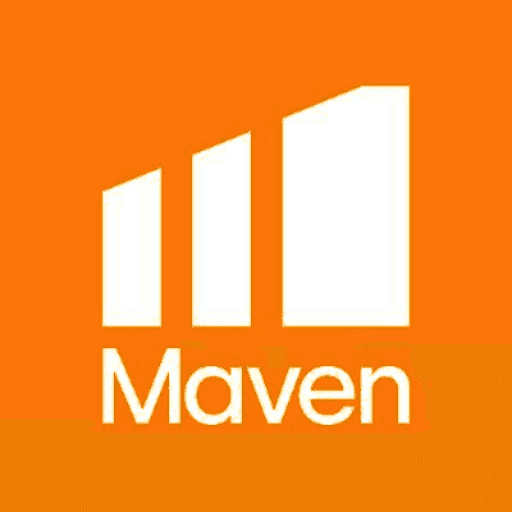The Death of the Challenge Prop Firm

The Death of the Challenge Prop Firm
6/15/2024
This one is called "The Death of the Challenge Prop Firm," it’s a summary of what I think will happen in 2024. Right now, challenge prop firms are popping up like mushrooms after the rain. Every day, it seems, a new firm opens its virtual doors to traders worldwide. But here's the kicker—these firms are just white-label marketing experiments, and many are shutting down just as quickly as they appear. Why? Because they can't keep up with payout requests from their customers. This article delves into the rise and impending fall of challenge prop firms, predicting their future in 2024 and beyond.
The Prop Firm Bubble
Think of the current situation like a dot-com or crypto bubble on steroids. The difference? These companies aren't publicly traded or evaluated, resulting in an influx of essentially worthless firms. They deceive retail traders with promises of glory, only to collapse under their own weight.
The Business Model
If we look at the business model of these challenge platforms and why they go bust every week, it’s quite simple:
Open a Firm: Opening a firm is very easy, you can start it for as low as 1100$ for a whitelabel tech provider. And once the tech is setted up, you don't even need to form a company. Currently there are more than 300 firms that are not even registered. Afterwards, setup a Twitter and Instagram account, start showing easy money to traders .
Promise Funded Accounts: All this new prop firms promise people-funded accounts, so they buy challenges and trade on virtual funds - Just a Demo account (B-book for the professionals out there).
Virtual Accounts: Even if they pass the challenge, it’s all still B-book, meaning it’s just a platform in the end, selling virtual accounts. So, if a trader makes profits, its a loss for the prop firm.
Also read:- Red Flags to look for in a Prop Firm.
None of these companies have to be regulated, which makes things incredibly hard for consumers. Yes, you get your money back if your broker goes bankrupt because they’re regulated, but if you trade with a prop firm and they can’t meet your payout request and shut down, well, good luck—you can’t do anything about it.
The Payout Problem
The main underlying technology of this all is like an e-commerce shop—they just sell challenges. If a trader miraculously turns out to be profitable somehow and requests a payout, these firms pay the request from the challenge income they earn on other traders. So, the more challenges they sell, the more they can pay out to their traders.
This is pretty strange when you think about it. These companies go out of business because they don’t sell enough challenges to pay traders, or the traders are too profitable for them to pay out. They think, "Hey, we never thought people could trade or be this profitable, so we don’t have enough money to pay them out now."
The Future Outlook
What is going to happen in 2024, 2025, and 2026 is what I call an ultra-power rule. You will only have a few handful companies that will survive this all. Sooner or later, every single one of these companies that relies on paying traders from its challenge income will have to cease operations if they don’t drastically deploy technology to really, really, really limit profitable trading, or find a way to actually monetize profitable traders.
The Ultra-Power Rule
You will eventually have one or two companies that will survive. I will talk about what kind of companies those will be, but all the ones that are copy-paste Ponzi schemes will die, that’s one thing that is for sure. It's all going to go up in flames sooner or later anyhow.
Regulatory Changes
What will this do to the environment? We all know that the SEC or any other regulatory body is unhappy if its citizens are being defrauded into schemes like this, especially if they say, "Hey, these are real funds." Google and YouTube may change their ad policies because of it. Governments will impose more strict measures on these companies.
The Hope: High-Tech Firms
However, there is a glimpse of hope. A set of companies deploy technology to capitalize on profitable traders, and it even is in their interest whenever you are profitable. However, this technology is extremely expensive and difficult because you need a large, experienced, and skilled team to compress these huge data sets and turn them into something meaningful.
These companies are usually less well-known. They’re smaller, not as loud on social media, and are not screaming about you getting a Lamborghini. Instead, they have technology in place where they don’t need you to fail challenges to pay out your profits.
Some offer instant funding solutions, which is good for beginner traders because they don’t hope you fail the challenge. If they don’t need to hope you fail and buy more challenges, that’s usually a very good sign they have modern technology allowing them to fund you upfront.
Conclusion
Look for as much proof as possible for all the other companies still selling trading challenges. From our knowledge, there are no challenge prop firms with enough risk management or technology to build something truly robust. Look for high-tech companies that build in your favor, and don't rely on selling more and more challenges to pay profitable traders. Always do your own due diligence.
You may also like
The5ers Payout Rules, Profits & Withdrawals (2026 Guide)
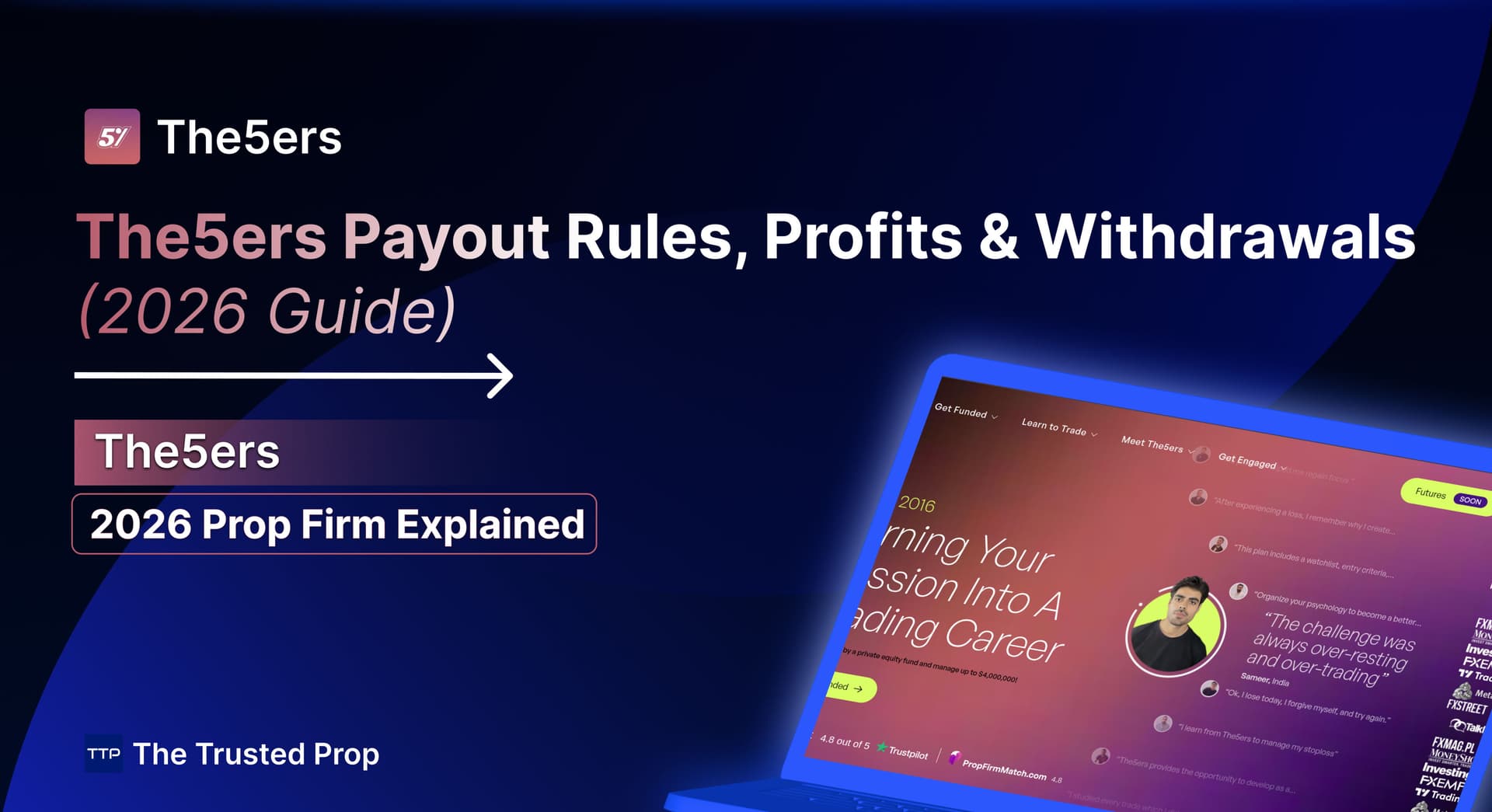
Goat Funded Trader Instant Goat Account Explained (2026)
.jpg&w=1920&q=75)
Goat Funded Futures Rules for Challenge and Funded Phase (2026)
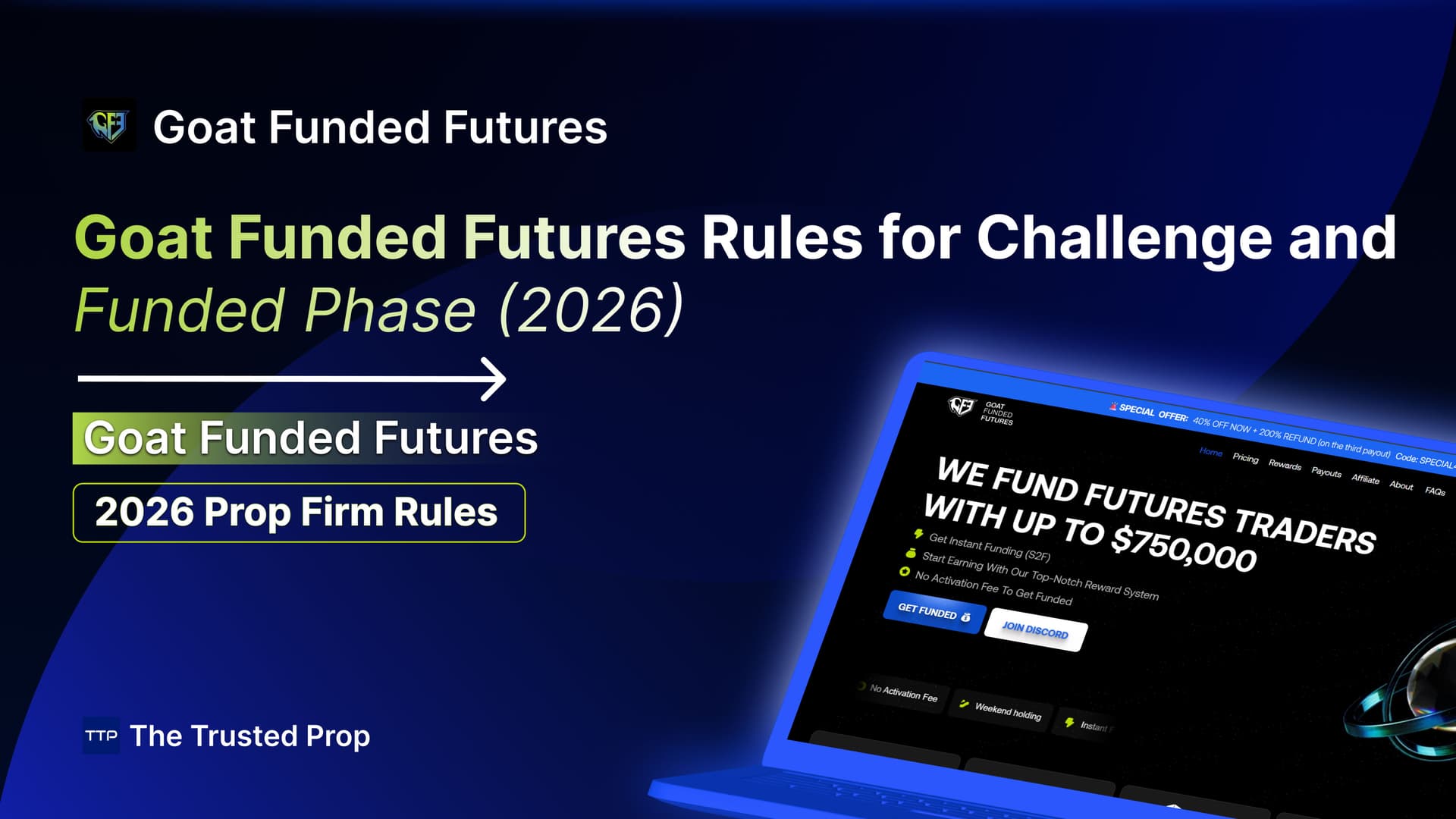
My Funded Futures Flex Challenge Explained (2026 Guide)
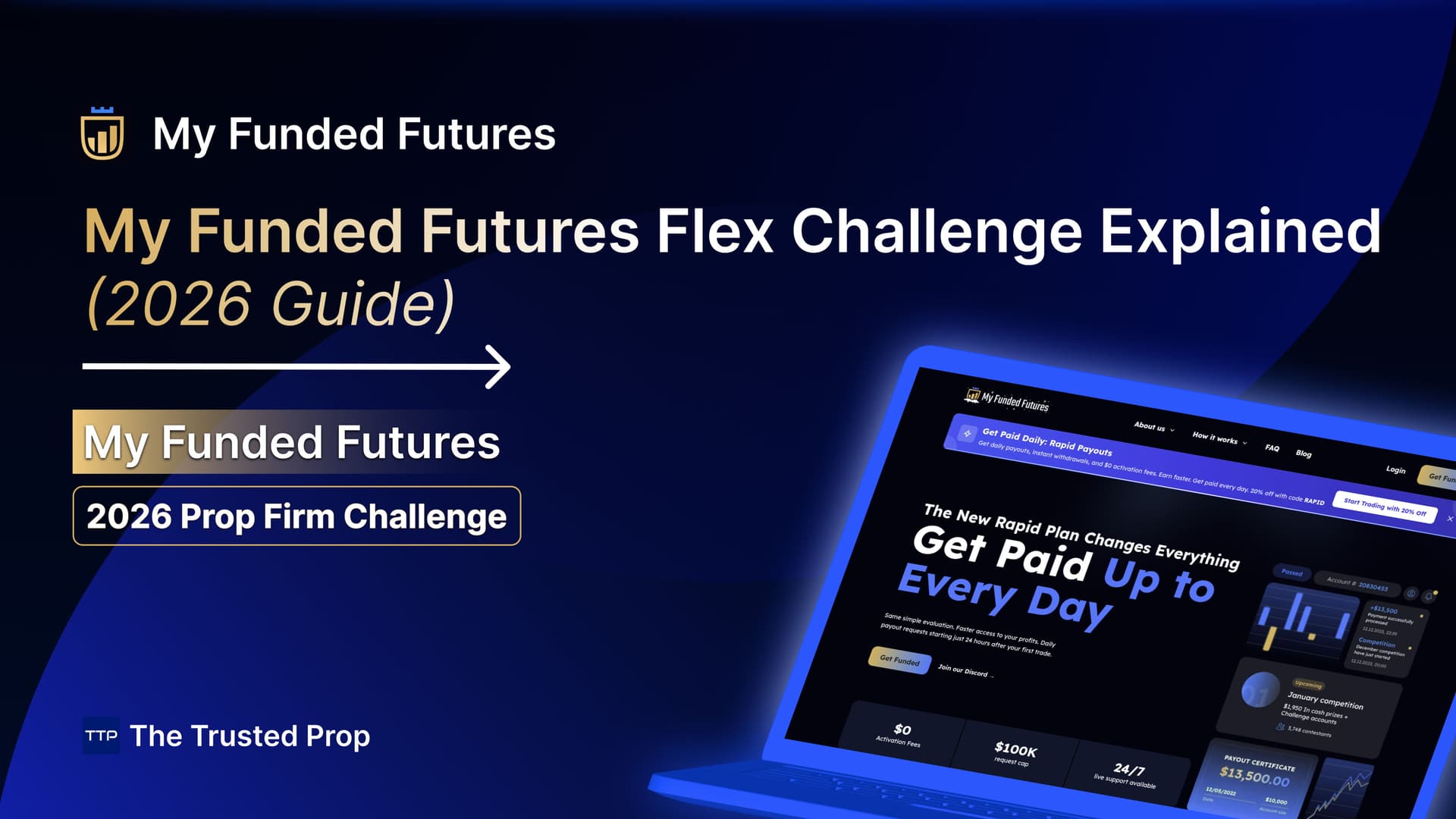
Moneta Funded Detailed Review 2026: Our Honest Verdict
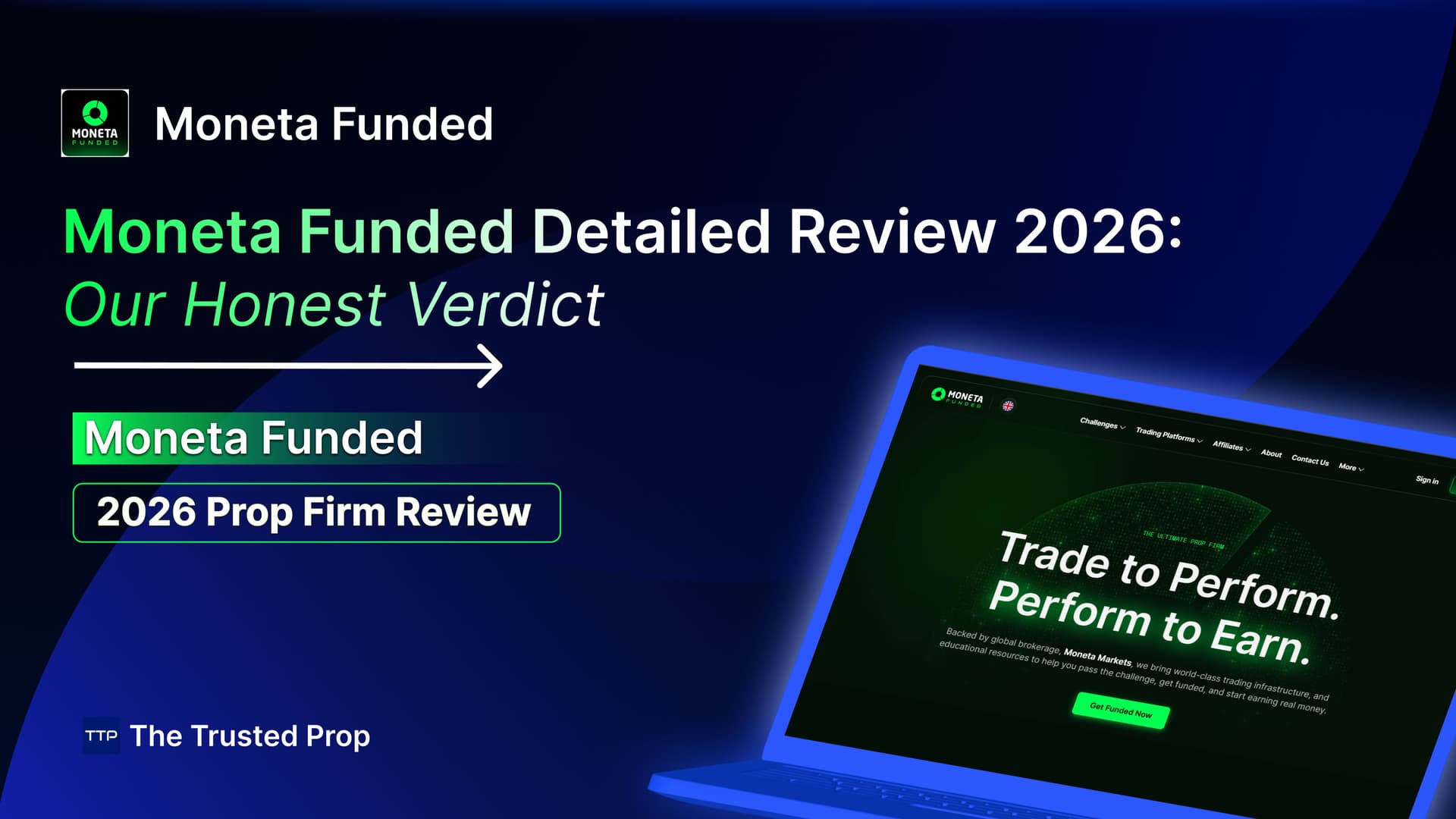
Evercrest Funding Detailed Review 2026: Our Honest Verdict
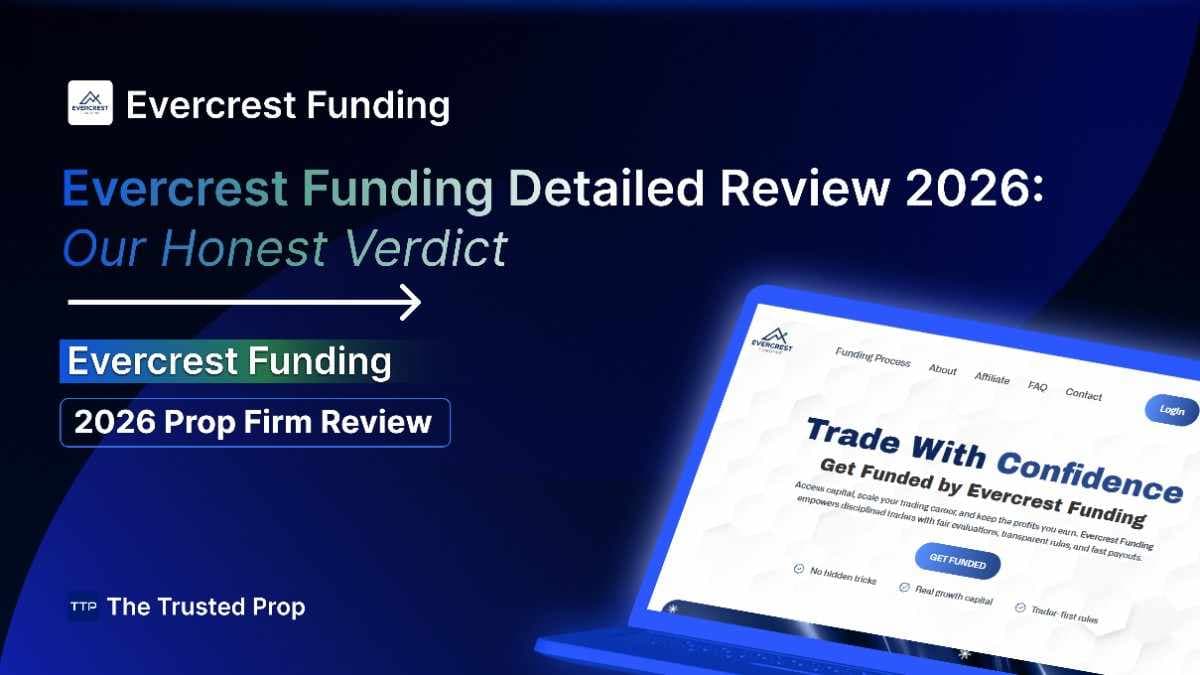
Breakout Prop Detailed Review 2026: Our Honest Verdict
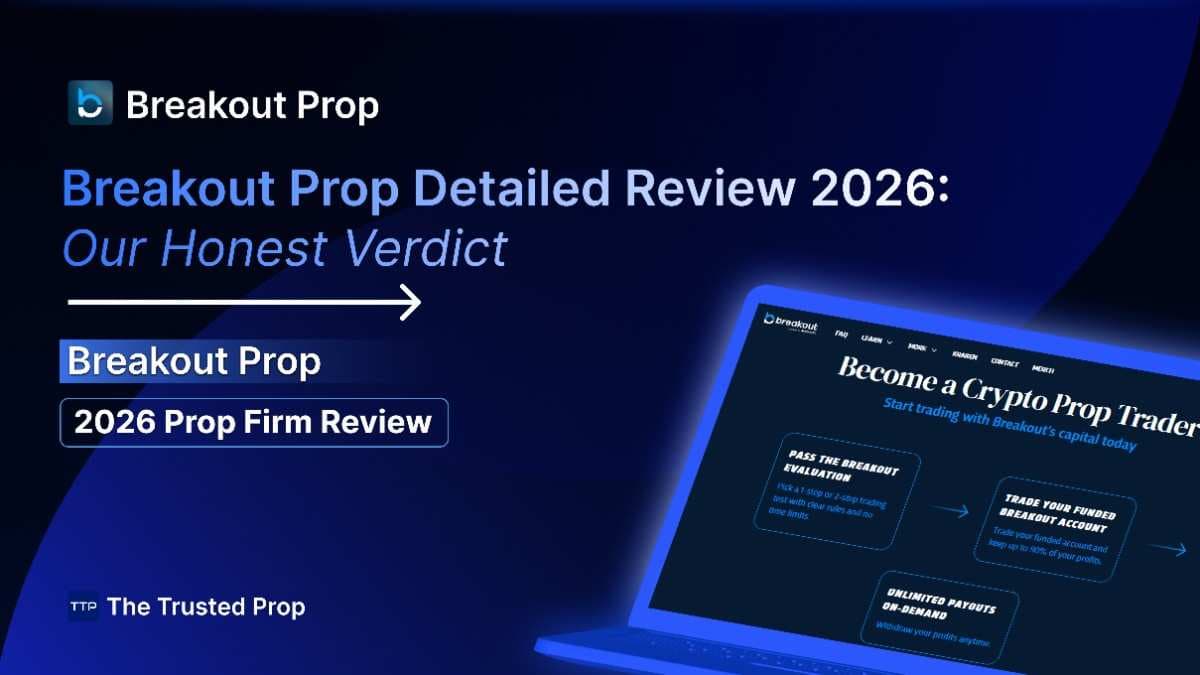
No FAQs are available for this topic yet.


